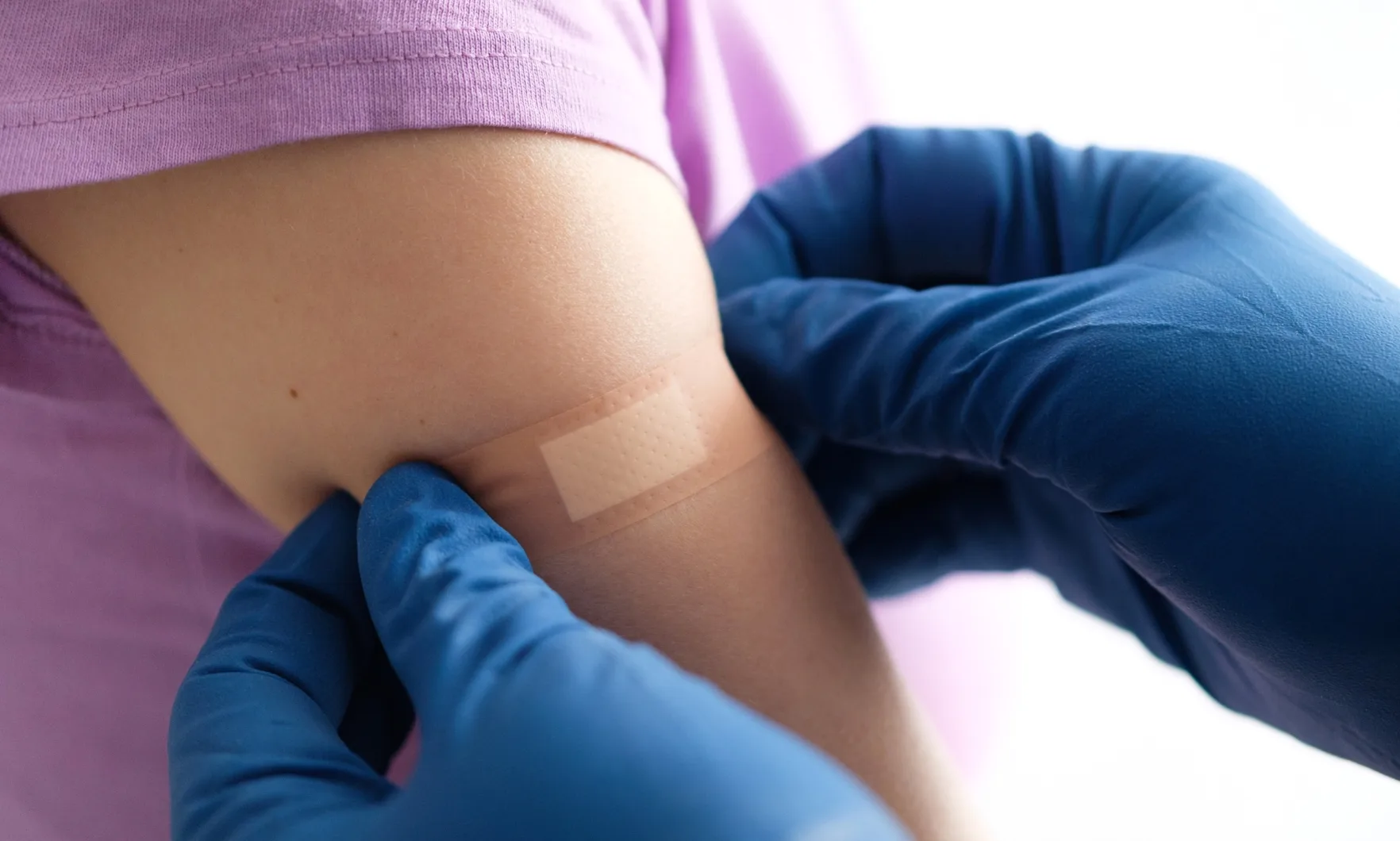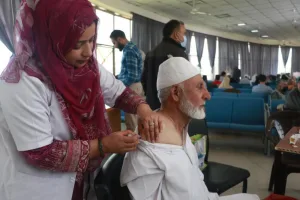The claim that vaccines cause autism has been widely debunked by extensive scientific research. Despite ongoing misinformation, global health authorities confirm that vaccines are safe and play a critical role in preventing infectious diseases.
Understanding the Origin of the Myth
The false connection between vaccines and autism stems from a discredited 1998 study that suggested a link between the measles, mumps, and rubella (MMR) vaccine and autism. This study was later retracted, and the researcher lost his medical license due to unethical conduct. Since then, multiple large-scale studies have found no evidence supporting this claim.
What Does the Scientific Research Say?
Leading health organizations, including the World Health Organization (WHO) and the Centers for Disease Control and Prevention (CDC), have conducted extensive studies confirming vaccine safety. Key findings include:
- No Increased Autism Risk: Research involving millions of children worldwide has shown no correlation between vaccines and autism.
- Genetic and Environmental Factors: Scientists have identified genetic and early brain development factors as primary contributors to autism.
- No Harmful Ingredients: Vaccine components, including preservatives like thimerosal, have been studied extensively and proven safe for use.
Why Vaccines Are Essential for Public Health
Vaccines protect individuals and communities from deadly diseases by strengthening immune responses. Key benefits of immunization include:
- Disease Prevention: Reduces the risk of outbreaks of measles, polio, and other preventable illnesses.
- Herd Immunity: Protects vulnerable populations, including infants and individuals with compromised immune systems.
- Long-Term Safety: Continuous monitoring ensures vaccine safety and effectiveness.
Addressing Vaccine Hesitancy
Despite overwhelming scientific evidence, vaccine misinformation continues to spread. Addressing concerns with facts and promoting public awareness can help increase vaccine confidence. Health professionals encourage individuals to rely on credible sources for vaccine information.
Conclusion
Scientific evidence overwhelmingly confirms that vaccines do not cause autism. Immunization remains one of the most effective tools in protecting public health. By trusting research-backed information, individuals can make informed decisions and contribute to a healthier, disease-free future.




+ There are no comments
Add yours